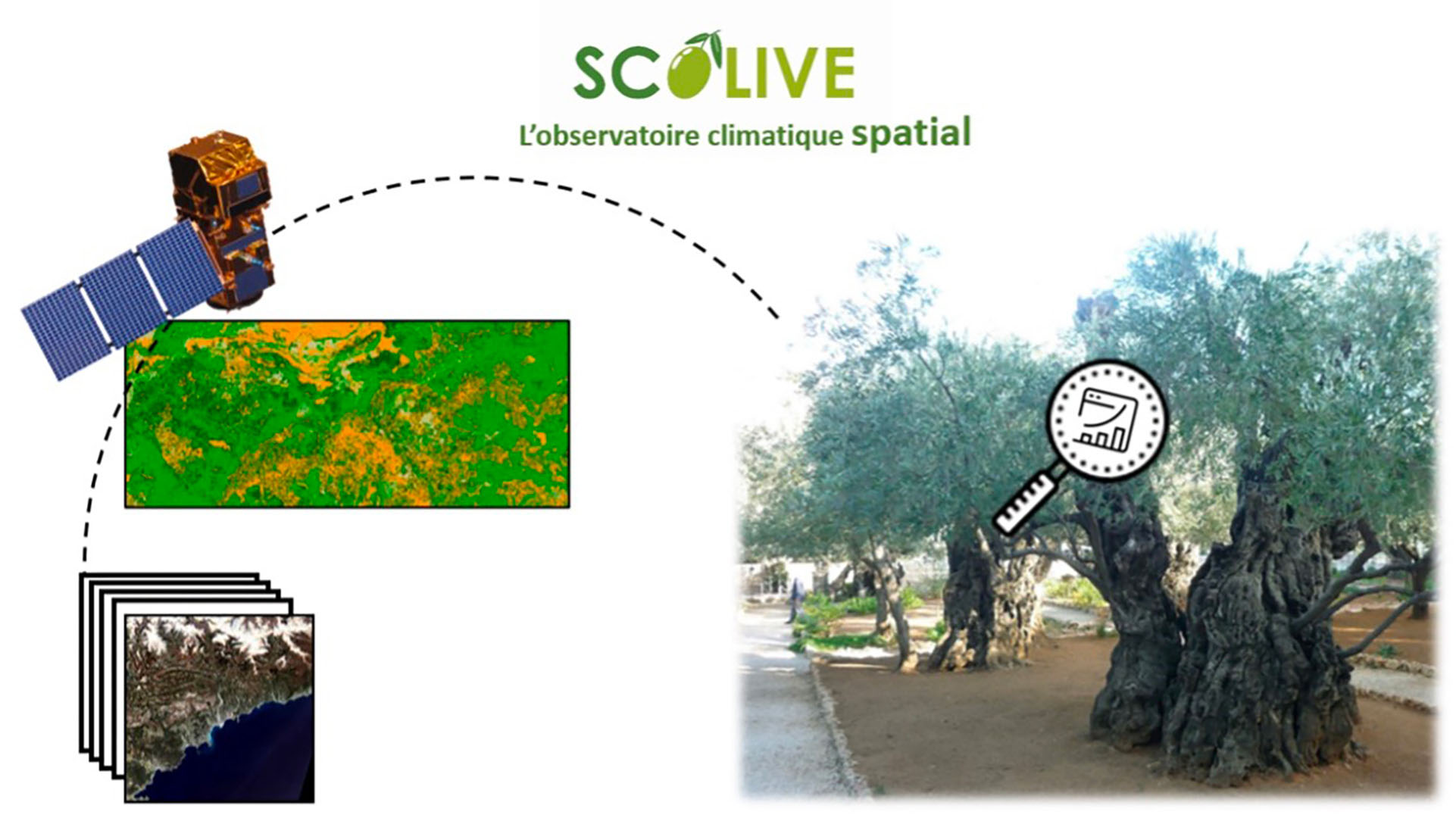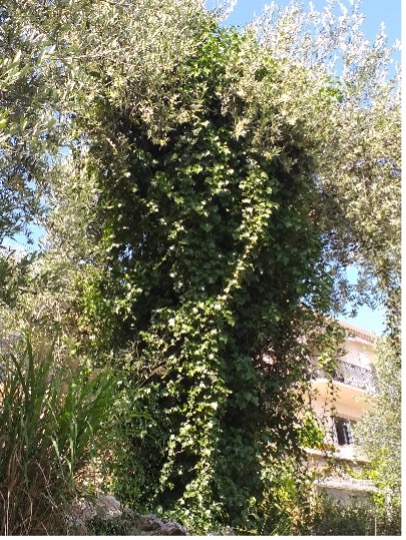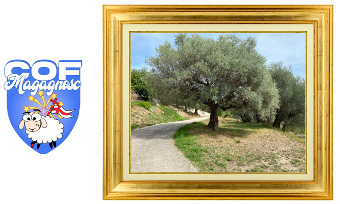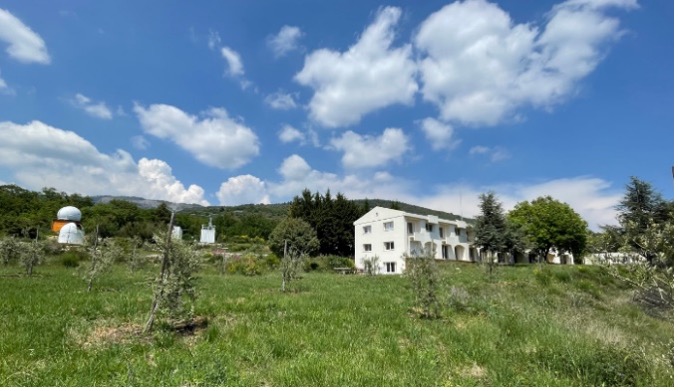The SCOLive participatory observatory is up and running
SCOLive is the story of a dual project, the brainchild of Antoine Mangin, a citizen of the Grasse region and Scientific Director of ACRI-ST: "The olive tree, which is dear to our hearts and to our region, is an excellent bioindicator of climate change because of its seasonal nature: it flowers in April and May and is harvested around December. In 2022, however, the harvest was very short, lasting just three weeks from the end of October... We are therefore setting up an observatory using the olive tree as a bioindicator of climate change and raising public awareness to preserve its cultivation, which has been neglected in recent decades".
To set up its olive tree observatory, SCOLive relies on the observations of everyone, whether professionals or ordinary olive tree owners, and cross-references this data with satellite data, making it possible to use changes in the condition of trees as a marker of climate change. The information is transmitted via a mobile application that automatically geolocates the reported tree and then guides users, even novices, to describe any damage they notice. In this way, the observations of some users can warn others of a danger, such as the arrival of a harmful insect.
In 2022-2023, no fewer than 700 participatory observations were made, mainly in the Grasse region, but also in olive-producing countries such as Morocco.
3 challenges for 2023
With its primary motivation being the preservation of olive trees and the ancestral know-how involved in growing them, the team is promoting its application and the observatory, while at the same time raising awareness of the olive tree among the local population. In 2023, ACRI-ST is organizing three events in direct contact with the general public:
► Abandoned olive tree overgrown with ivy. © ACRI-ST |
|
|
|
► ACRI-ST premises in the heart of the Grasse region. © ACRI-ST |
|
The origins
ACRI-ST is no novice at combining spatial data and participatory observations, and it was the success of the SIAM Jellyfish Information and Alert Service, created 12 years earlier, that inspired SCOLive. With over 60,000 jellyfish sightings reported on French beaches by the public via SIAM, this veritable database has naturally established itself as a rich source of information for oceanographers. Let's hope that the SCOLive observatory follows the same path!






